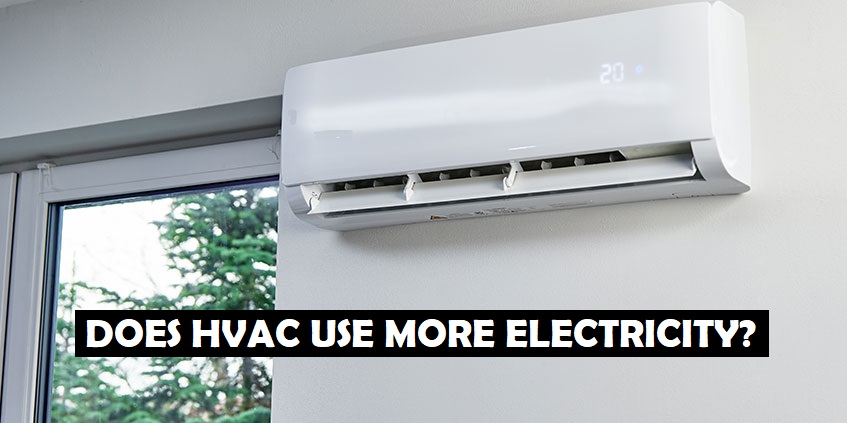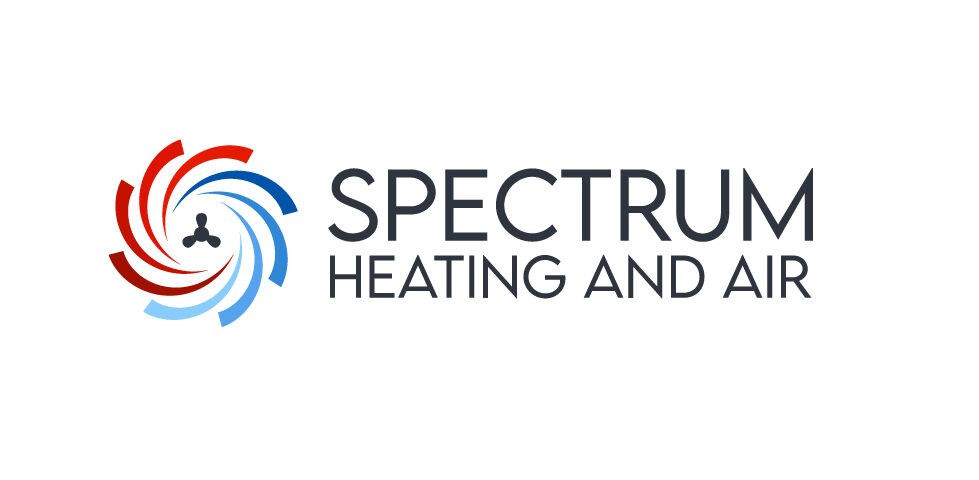As temperatures rise or drop, many of us rely on Heating, Ventilation, and Air Conditioning (HVAC) systems to keep our indoor environments comfortable. However, with the increasing focus on energy efficiency and environmental concerns, it’s essential to understand how HVAC systems affect our electricity consumption and what we can do to minimize their impact. This article explores the electricity usage of HVAC systems, compares it with other appliances, and provides tips on reducing energy consumption.

Understanding Electricity Consumption in HVAC Systems
HVAC systems can consume a significant amount of electricity, especially in extreme weather conditions. The energy efficiency of these systems plays a vital role in determining their electricity usage.
Energy Efficiency of HVAC Systems
The efficiency of an HVAC system is measured by its Seasonal Energy Efficiency Ratio (SEER) for cooling and Heating Seasonal Performance Factor (HSPF) for heating. Higher SEER and HSPF ratings indicate better energy efficiency, meaning the system can produce more cooling or heating output per unit of electricity consumed.
Factors Affecting Electricity Usage in HVAC
Several factors impact how much electricity an HVAC system consumes. These include:
- System Size: An appropriately sized system is essential for efficient operation.
- Insulation and Weather Stripping: Well-insulated buildings retain conditioned air better.
- Thermostat Settings: Higher temperature settings in summer and lower settings in winter can reduce energy consumption.
- Air Filter Cleanliness: Clogged filters can increase energy usage.
- System Age and Maintenance: Older systems or those lacking maintenance may consume more electricity.
Comparing HVAC Electricity Usage with Other Appliances
HVAC systems are among the largest consumers of electricity in residential and commercial buildings. When comparing their electricity usage with other appliances, the numbers can be eye-opening.
Tips for Reducing HVAC Electricity Consumption
While HVAC systems are essential for our comfort, there are several ways to reduce their electricity consumption without compromising indoor comfort.
Regular Maintenance
Routine maintenance, such as cleaning filters, checking refrigerant levels, and inspecting ductwork, can improve the efficiency of HVAC systems, leading to lower electricity usage.
Thermostat Settings
Optimal thermostat settings can significantly impact energy consumption. During summers, setting the thermostat a few degrees higher when no one is home can lead to substantial energy savings. Similarly, in winter, lowering the temperature can reduce heating costs.
Insulation and Sealing
Proper insulation and sealing of windows and doors prevent heat exchange between indoors and outdoors. This reduces the workload on HVAC systems and subsequently lowers electricity usage.
Smart HVAC Systems
Investing in smart HVAC systems allows for better control and automation. These systems can adapt to occupants’ schedules and adjust temperature settings efficiently, resulting in energy savings.
The Environmental Impact of HVAC Energy Consumption
As HVAC systems consume large amounts of electricity, their environmental impact is a growing concern.
Carbon Footprint
The electricity used by HVAC systems is often generated from fossil fuels, contributing to greenhouse gas emissions and climate change. Reducing HVAC electricity usage can help lower our carbon footprint.
Climate Change Concerns
Extreme weather events driven by climate change further increase the demand for HVAC systems. This creates a cyclical effect, leading to more electricity consumption and greenhouse gas emissions.
Cost Implications of HVAC Energy Usage
The significant electricity usage of HVAC systems also has financial implications.
High Electricity Bills
During peak usage periods, such as hot summers and cold winters, electricity bills can skyrocket due to HVAC usage.
Ways to Save on Energy Costs
Implementing energy-saving measures like using programmable thermostats, proper insulation, and regular maintenance can help lower electricity bills.
The Future of Energy-Efficient HVAC Technology
Innovation in HVAC technology holds the key to a more sustainable future.
Advances in HVAC Systems
Manufacturers are continuously developing energy-efficient HVAC systems that use less electricity while providing better performance.
Renewable Energy Integration
Integrating HVAC systems with renewable energy sources, such as solar power, can further reduce their environmental impact and electricity consumption.
HVAC systems are crucial for maintaining comfort in our living and working spaces, but their electricity consumption can be significant. Understanding the factors affecting energy usage and implementing energy-saving practices are essential steps toward reducing our environmental impact and energy bills.




